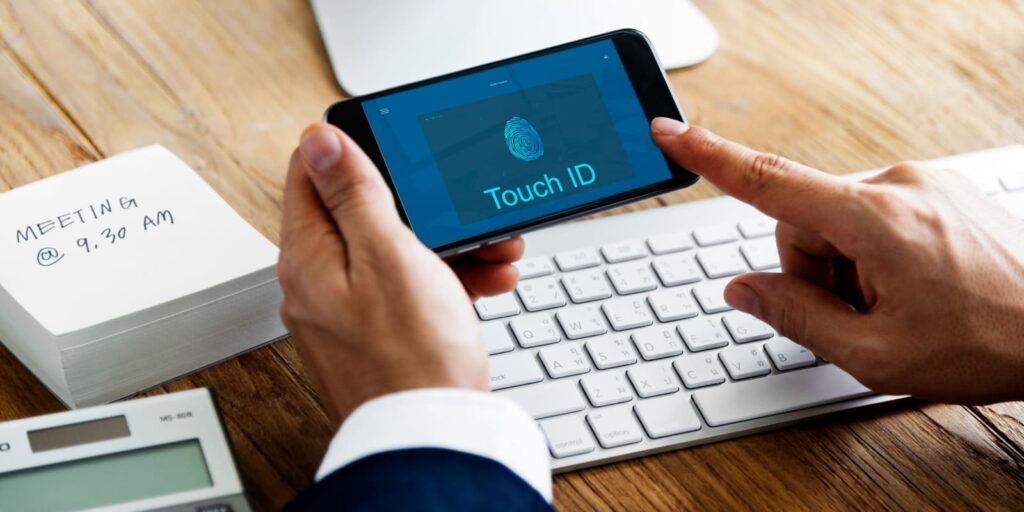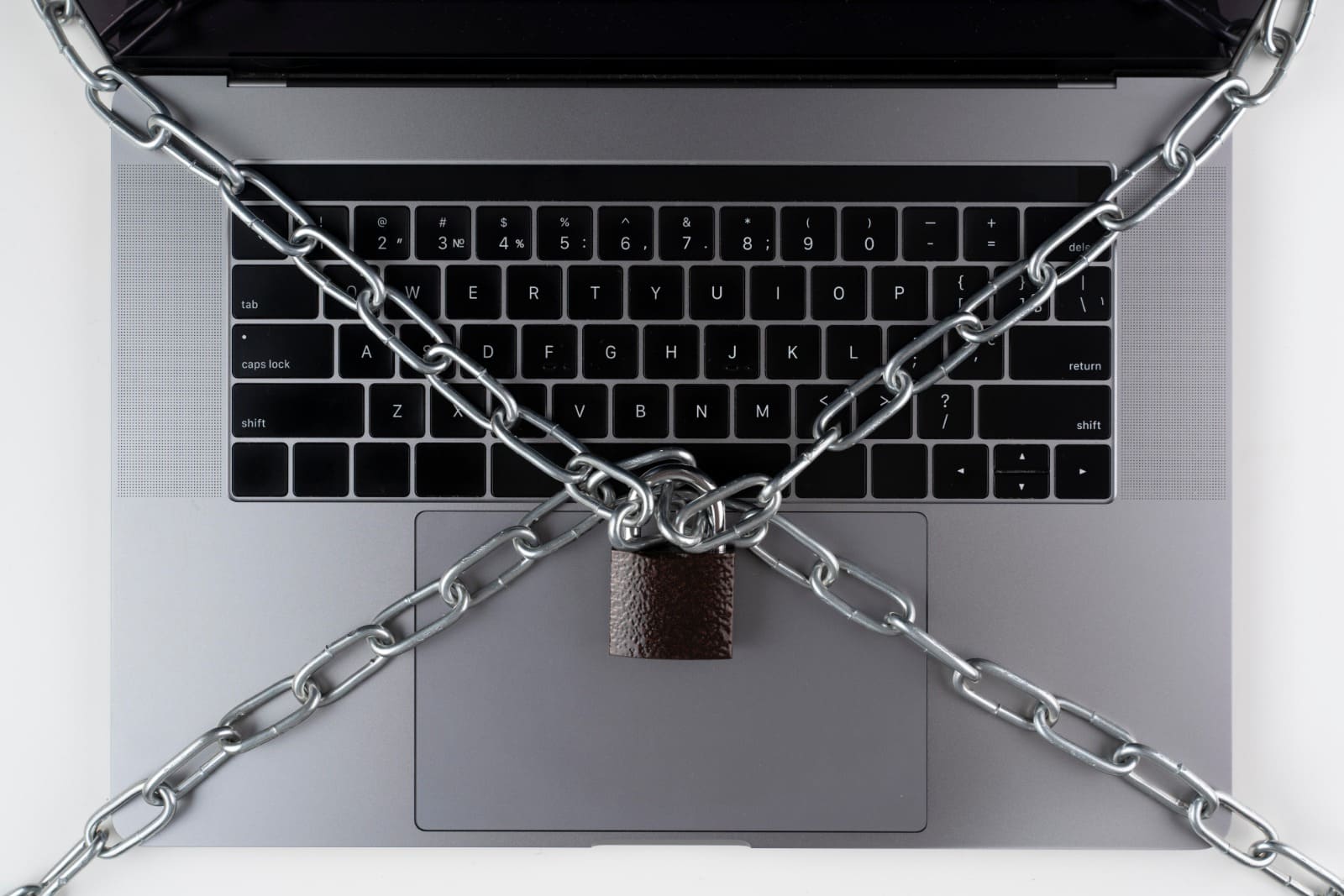Passwords are one of the most important aspects of protecting your online identity in the modern digital age. It is essential to develop & manage strong passwords due to the rising number of cyber threats in order to protect your personal and sensitive data.
The Importance of Strong Passwords:
The first line of defense against online risks like hacking, identity theft, and unauthorized access is a secure password. Weak passwords make it simple for cybercriminals to access your online accounts and steal your personal data, including credit card numbers, social security numbers & bank account information. Strong passwords discourage potential attackers from trying to access your accounts since they are more difficult to crack.
Also, a lot of people frequently use the same password for various accounts, which again makes it easy for attackers to access multiple platforms with a single password. Strong passwords that are specific to each account can stop illegal access, reducing the harm that could result from a possible data leak.
Using different components to create a strong password makes it more difficult to guess or crack. The following advice will assist you in creating a strong password:
Make Strong Password:
Use Complicated Characters
A secure password needs to be made up of a mix of upper & lowercase letters, symbols, and digits. It is more difficult for attackers to guess your password when you use a combination of these characters.
Use Long Passwords
Longer passwords are more difficult to decipher and guess. Strong passwords are those that have at least 12 characters.
Avoid Usual Habits and Phrases:
Avoid employing cliches or patterns that are simple to decipher. Examples include “qwertyuiop” and “password123.” This makes it less likely that you’ll use the same password for several different accounts and makes managing your passwords simpler.
Creating secure passwords is only the 1st Step; you also need to manage them well. Here are some pointers to assist you with password management:
Manage Strong Password:

Implement 2FA (Two-Factor authentication):
By adding an extra layer of security, two-factor authentication makes sure that only authorised users may access your account. In addition to your password, a code or token is required to access your account.
Also Read → 10 Tips to Protect your Smartphone from Hackers
Change Your Passwords Frequently:
Regular password changes lower the possibility of illegal access. Changing your passwords every three to six months is advised.
Maintain Password Privacy:
Never divulge your passwords to anyone, not even close friends or relatives or coworkers. Passwords should be secret and safe.
Be Cautious with Emails:
When emails ask you for your login information, be wary. Cybercriminals frequently employ phishing emails as a method of accessing your account. Do not click any links in such emails, and report them to the appropriate authorities if you feel anything suspicious.
Use a Unique Password for Every Account:
Steer clear of using the same password for several different accounts. As a result, there is less chance that several accounts might be hijacked and used by someone else without authorization.
Conclusion:
In order to secure your online identity, it is essential to create and maintain strong passwords. Practices like complicated characters, long passwords, and to stay away from common phrases and patterns are all part of successful password management. Gain more insight about protecting yourself online from Cyber octet, one of the best cyber security companies in ahmedabad.

